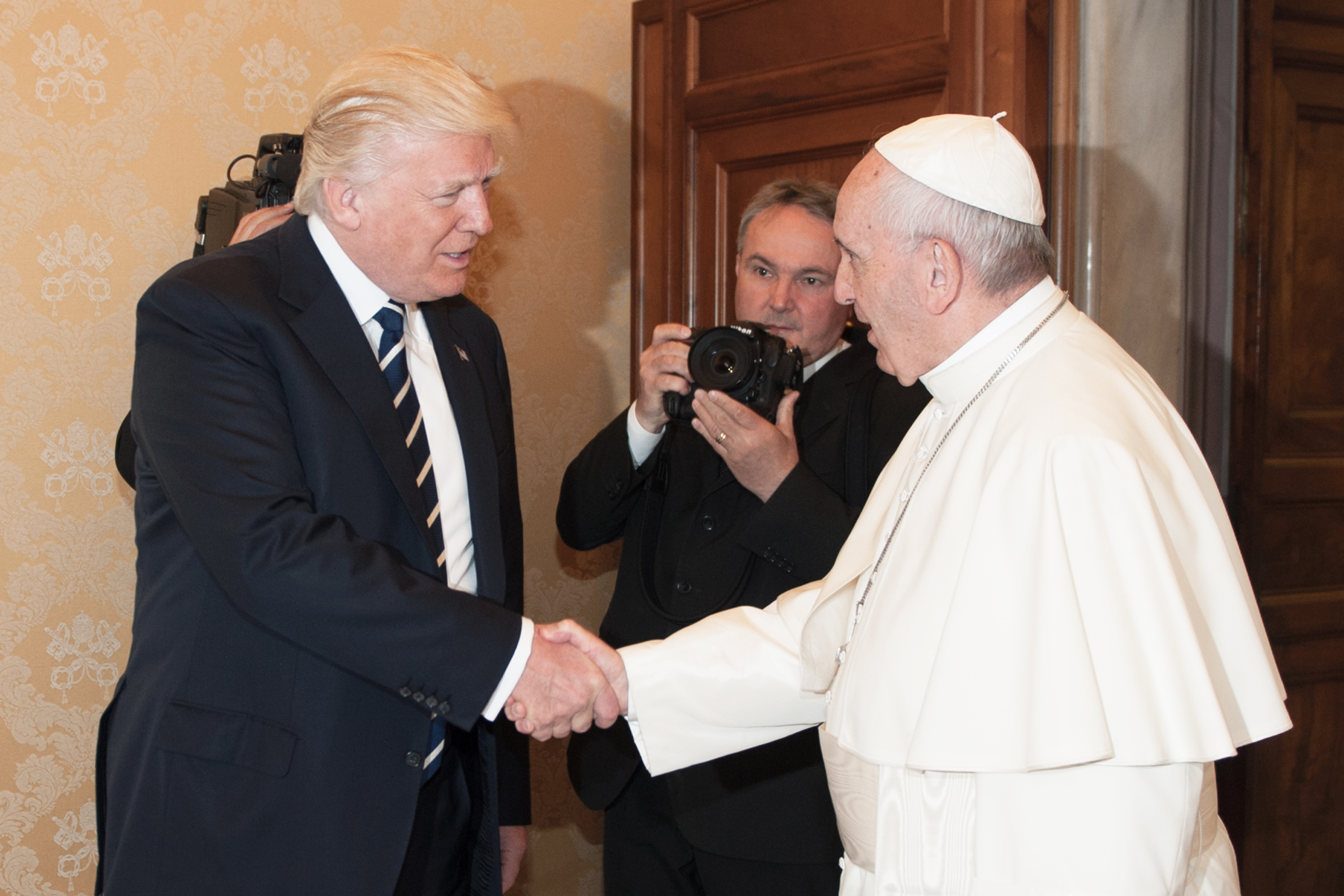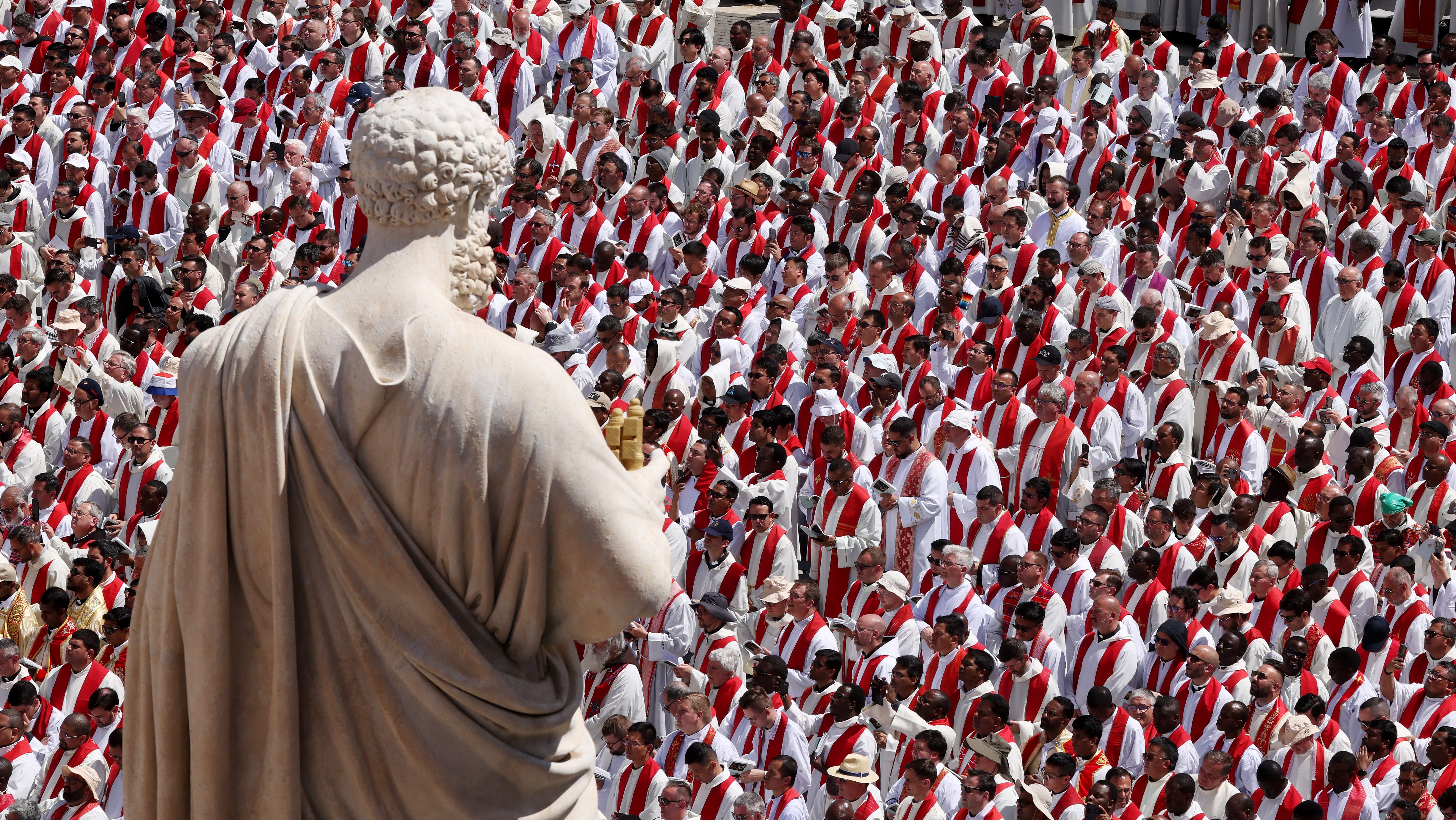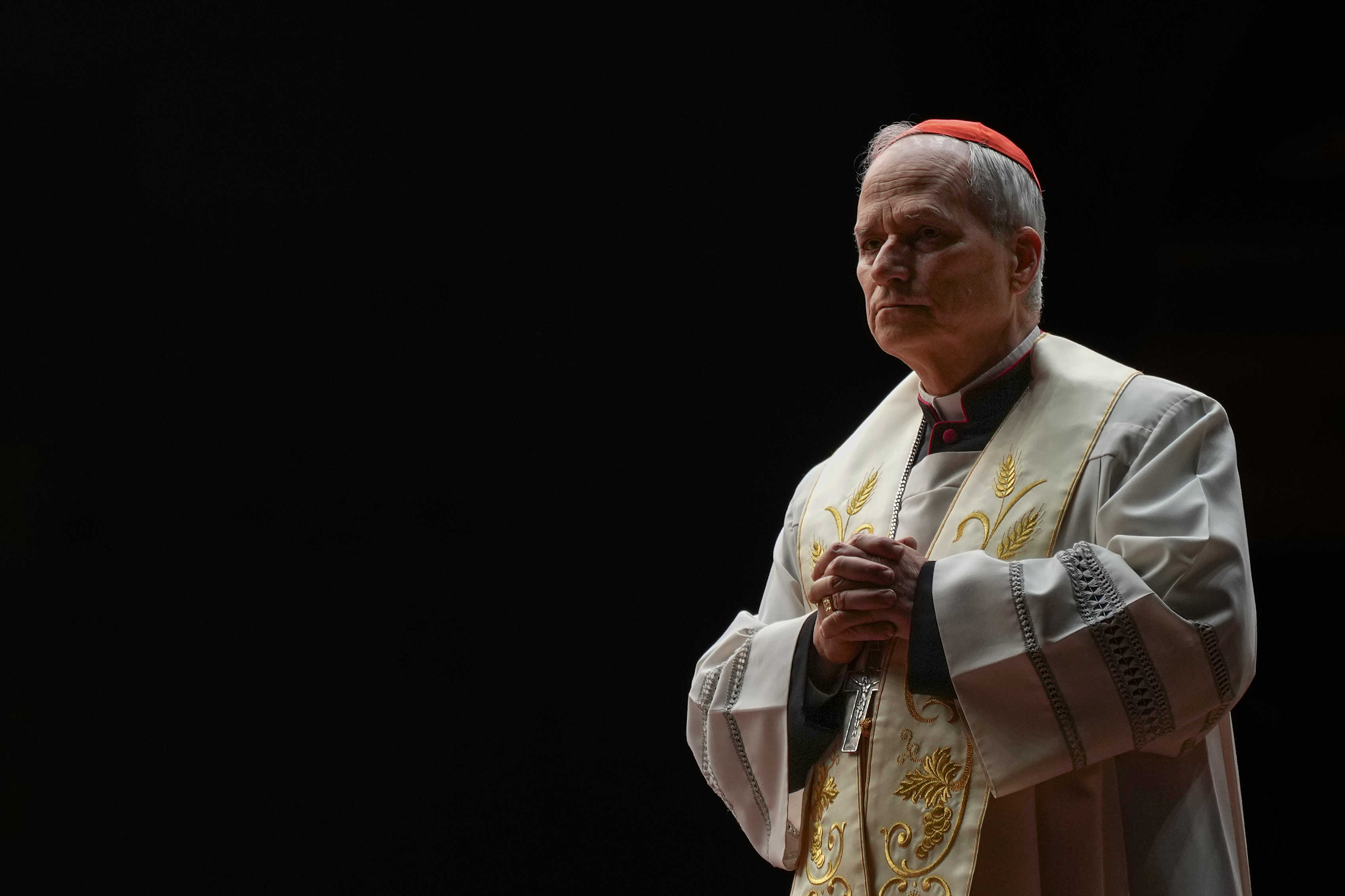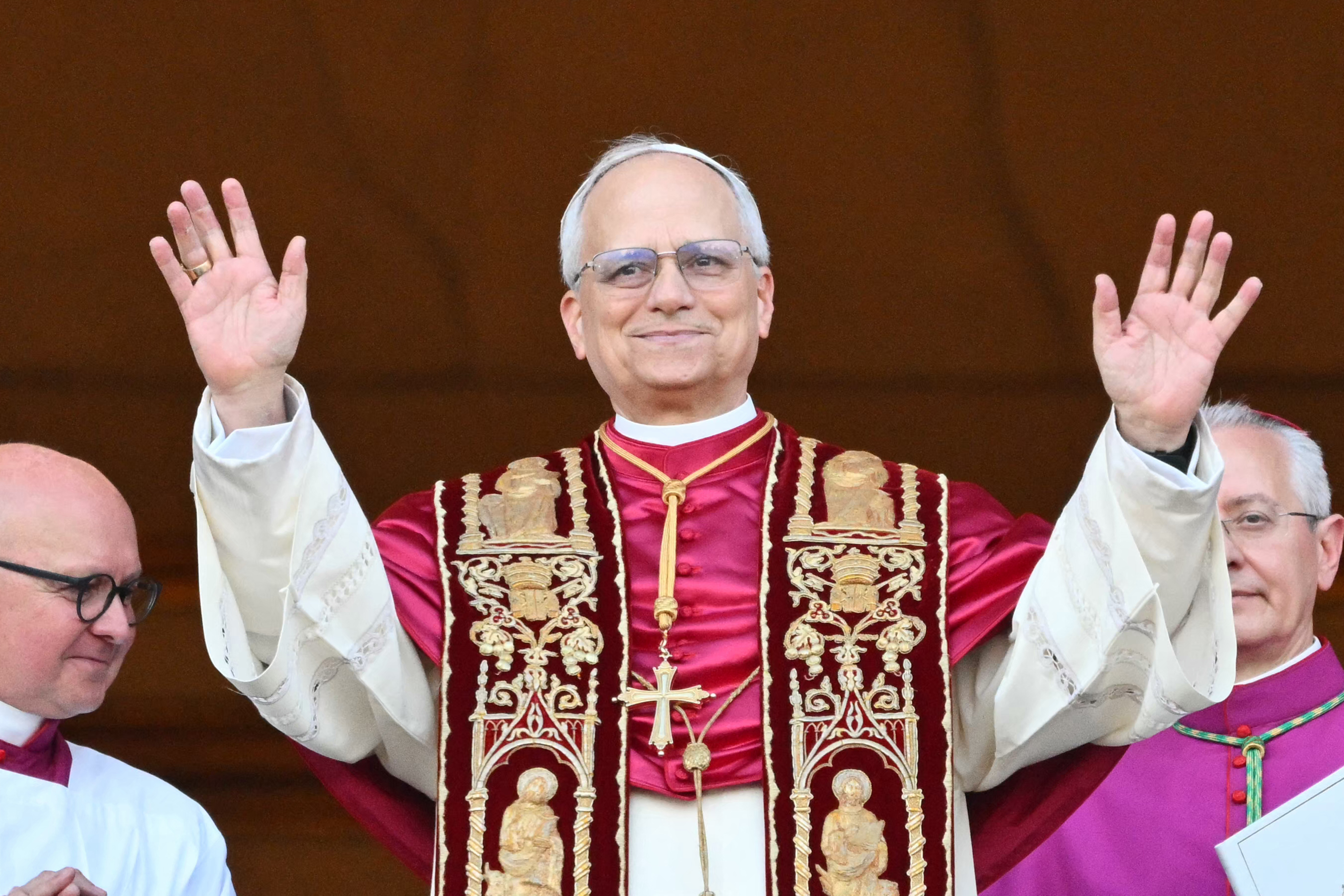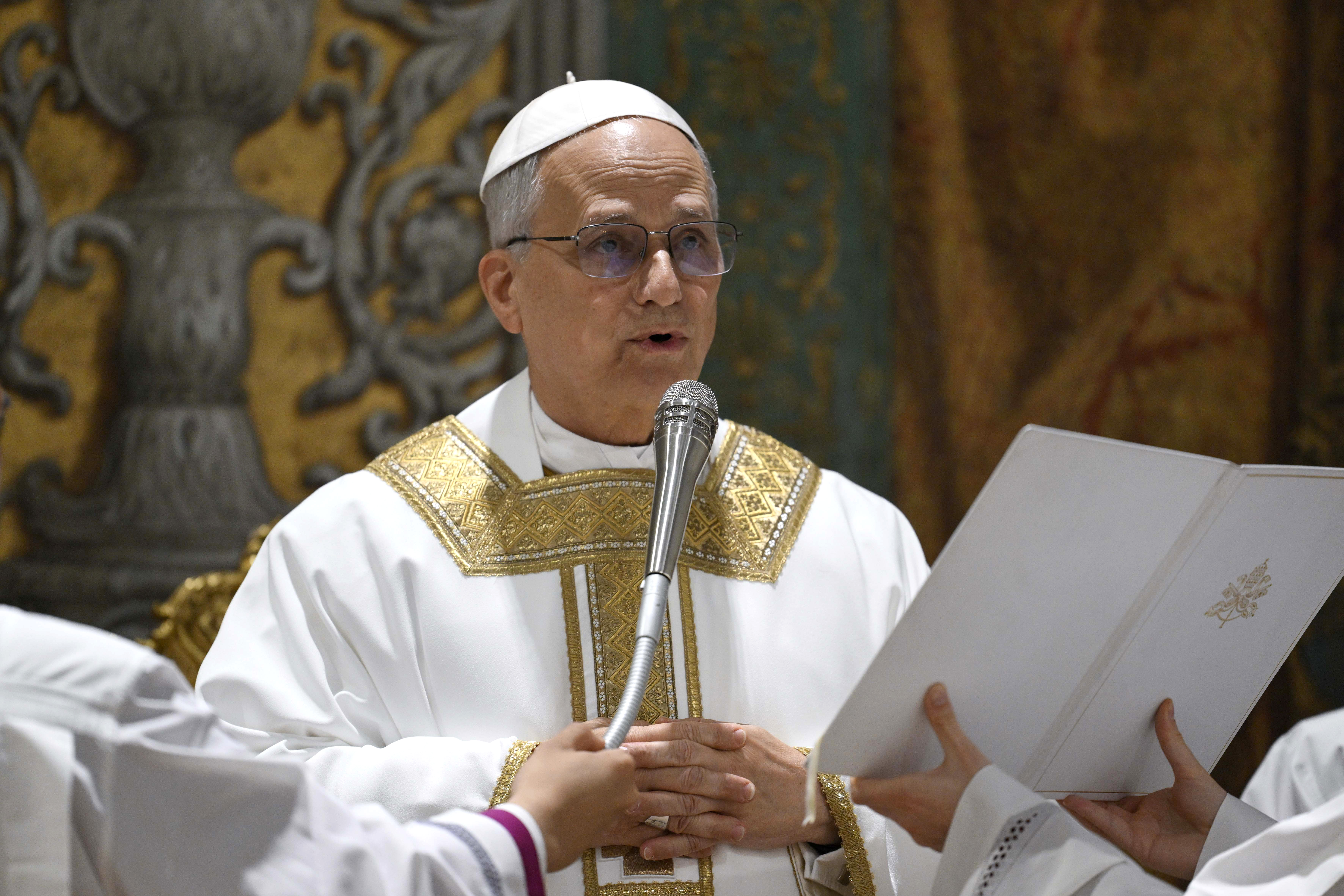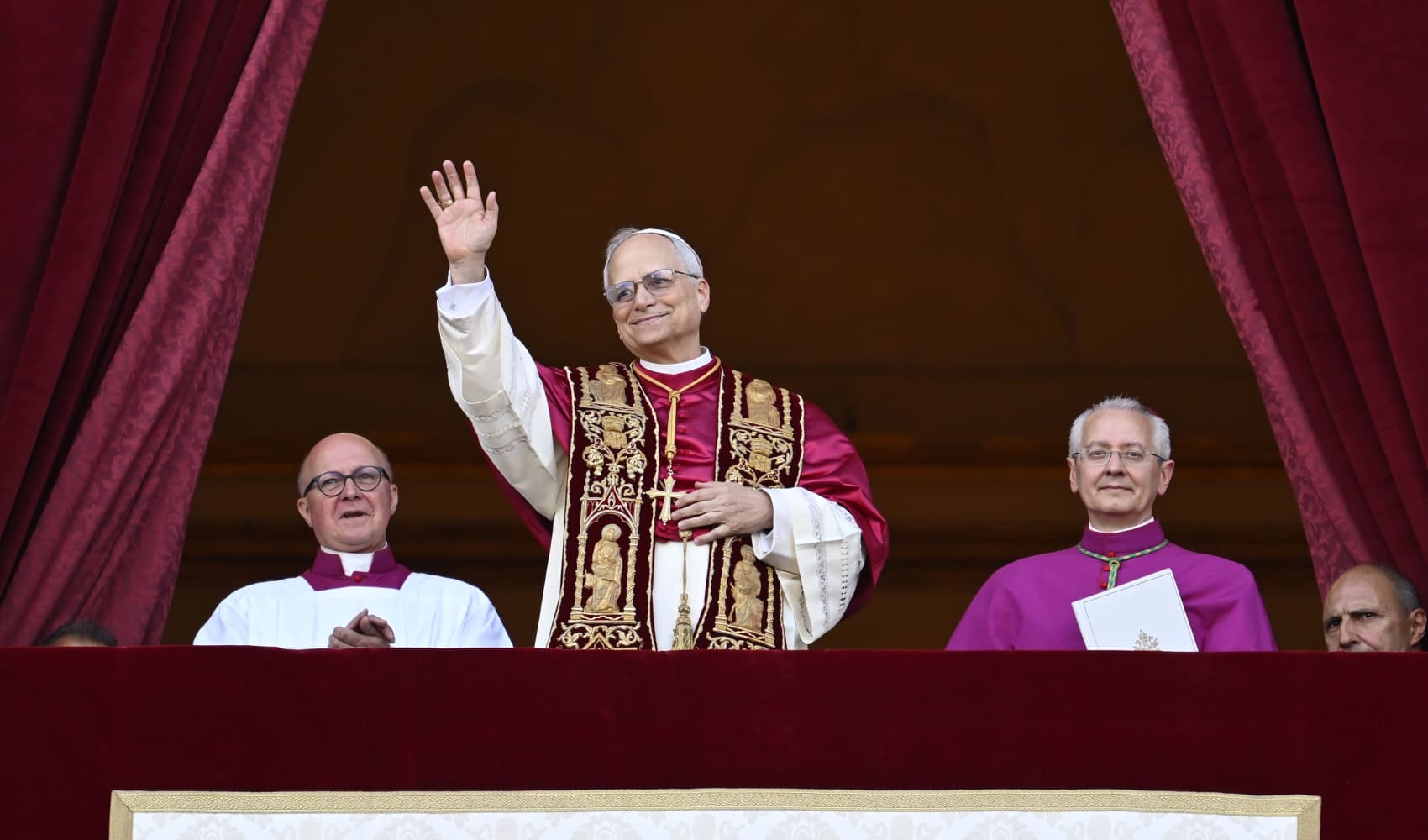'Rest in Peace': Trump's Shocking Tribute to Pope Francis
'Rest in Peace': Trump's Unexpected Tribute to Pope Francis Shocks the World
Introduction: A Moment of Reflection
In a surprising turn of events, former President Donald Trump took to his social media platform, Truth Social, to offer his condolences following the passing of Pope Francis. It's a moment that makes you pause, doesn't it? Seeing political figures from different ends of the spectrum acknowledging a global figurehead like the Pope underscores the universal impact of his life and legacy. This isn't just about politics; it's about humanity.
“Rest in Peace Pope Francis! May God Bless him and all who loved him!,” Trump posted, a seemingly simple yet powerful statement that resonated across social media. It raises the question: what does this moment signify, and how does it reflect the complexities of our interconnected world?
Pope Francis's Passing: A Global Loss
The Vatican's announcement of Pope Francis's death early Monday morning sent ripples of grief across the globe. After battling various health challenges, including a recent hospital stay, the Pontiff's passing marks the end of an era for the Catholic Church and the world at large. It's like the closing of a chapter in a grand, historical book, isn't it?
Trump's Truth Social Tribute: A Closer Look
Trump's decision to use Truth Social as the platform for his tribute is noteworthy in itself. It highlights the platform's growing influence and the former president's continued reliance on it for direct communication with his followers. But beyond the platform, it's the content of the message that draws attention. The simplicity and directness of "Rest in Peace Pope Francis! May God Bless him and all who loved him!" speaks volumes.
Analyzing the Message
What's particularly interesting is the tone of the message. It's respectful, concise, and devoid of any political undertones. Could this be a sign of unity in mourning, transcending political divides? One might even argue that it's a testament to the unifying power of faith and respect for a global leader.
The White House's Official Condolences
Joining Trump in mourning, the White House also released an official statement, further emphasizing the significance of Pope Francis's passing on the international stage. The statement, accompanied by photos of Pope Francis with President Trump and Vice President JD Vance, served as a reminder of the Pontiff's interactions with American leaders. This visual representation underscores the relationships forged between the Vatican and the United States, highlighting the importance of diplomatic ties even in times of ideological differences.
A Picture is Worth a Thousand Words
The inclusion of photos is a deliberate choice. It's a subtle yet effective way of humanizing the situation and connecting with the audience on an emotional level. By showing past interactions, the White House is acknowledging the Pope's influence and contributions to global dialogue.
The Significance of the Cross Emoji
The White House's social media post also included a cross emoji. A simple yet powerful symbol, the cross serves as a visual reminder of Pope Francis's faith and his role as the leader of the Catholic Church. It's a universal symbol of Christianity and a way of expressing sympathy and solidarity with those who are grieving.
Public Reaction: A Mixed Bag
As expected, the reactions to both Trump's and the White House's tributes have been varied. Some have praised the expressions of respect, while others have criticized the timing or sincerity. It's a reminder that even in moments of shared grief, political polarization can still play a role in shaping public opinion. After all, haven't we all seen similar scenarios before?
Pope Francis's Legacy: A Life of Service
Regardless of political affiliations, Pope Francis leaves behind a remarkable legacy. From his humble beginnings in Argentina to his leadership of the Catholic Church, he has consistently championed the cause of the poor and marginalized. His focus on social justice, environmental protection, and interfaith dialogue has resonated with people of all backgrounds.
Key Achievements and Contributions
- Advocating for the poor and vulnerable
- Promoting environmental sustainability
- Fostering interfaith dialogue
- Reforming the Vatican bureaucracy
- Speaking out against social injustice
Impact on the Catholic Church
Pope Francis's papacy has been marked by efforts to modernize the Catholic Church and make it more inclusive. He has challenged traditional doctrines and practices, sparking both support and controversy within the Church. His legacy will undoubtedly shape the future of the Catholic Church for years to come.
The Future of the Papacy
With the passing of Pope Francis, the Catholic Church now faces the task of selecting a new leader. The election of the next Pope will be a pivotal moment for the Church and the world. The choices made during the Conclave will determine the direction of the Church in the years to come.
Potential Successors: Who Will Lead the Church?
Speculation is already rampant about potential successors to Pope Francis. Various cardinals are being mentioned as possible candidates, each with their own strengths, perspectives, and approaches to leadership. The selection process is complex and unpredictable, adding to the sense of anticipation and uncertainty.
Political Ramifications: The Vatican's Influence
The Vatican has always played a significant role in global politics, and the passing of Pope Francis could have ripple effects on international relations. The new Pope will inherit this influence and will need to navigate complex geopolitical challenges. How the new Pope approaches these challenges could impact everything from international diplomacy to social movements.
The Role of Faith in Politics: A Constant Debate
The intersection of faith and politics is a perennial topic of debate. Pope Francis's passing serves as a reminder of the influence that religious leaders can have on political discourse and policy. The question remains: how can faith and politics coexist in a way that promotes justice, equality, and peace?
Social Media's Impact on Mourning
In the age of social media, mourning has become a public act. Platforms like Truth Social, Twitter, and Facebook provide individuals with opportunities to express their grief and share their condolences with others. This can be a powerful way of connecting with people from all walks of life, but it also raises questions about privacy, authenticity, and the potential for online negativity.
Remembering Pope Francis: A Moment of Reflection
As the world mourns the loss of Pope Francis, it's important to reflect on his contributions and his vision for a better world. His legacy of compassion, social justice, and interfaith dialogue will continue to inspire people for generations to come. After all, is there anything better we can do than learn from the great ones who came before us?
Conclusion: A Legacy of Inspiration
The passing of Pope Francis is a significant moment in history, prompting reflections on his life, legacy, and the future of the Catholic Church. Donald Trump's tribute on Truth Social, along with the White House's official condolences, underscores the global impact of the Pontiff's passing. While reactions may vary, it's clear that Pope Francis's message of compassion and social justice will continue to resonate with people around the world, leaving behind a truly remarkable and lasting inspiration.
Frequently Asked Questions
- What was Pope Francis's most significant contribution to the Catholic Church?
Pope Francis significantly modernized the Church by emphasizing compassion and inclusivity, advocating for the poor, and initiating important reforms.
- How might Pope Francis's passing affect international relations?
The selection of a new Pope can influence global politics, as the Vatican plays a crucial role in international diplomacy and addressing global challenges.
- What is the significance of Donald Trump's tribute to Pope Francis?
Trump's tribute indicates respect for Pope Francis beyond political differences and emphasizes the importance of unity in moments of shared grief.
- What qualities will be most sought after in the next Pope?
The new Pope will likely need strong leadership skills, diplomatic acumen, a commitment to social justice, and the ability to navigate complex geopolitical challenges.
- How has social media changed the way we mourn public figures?
Social media allows for wider and more immediate expression of grief, fostering global connection but also raising concerns about privacy and authenticity.
